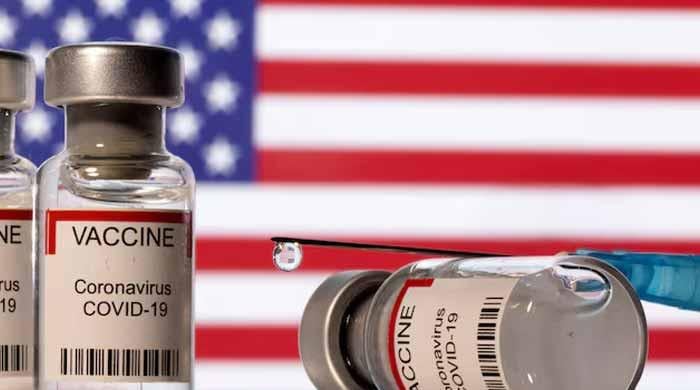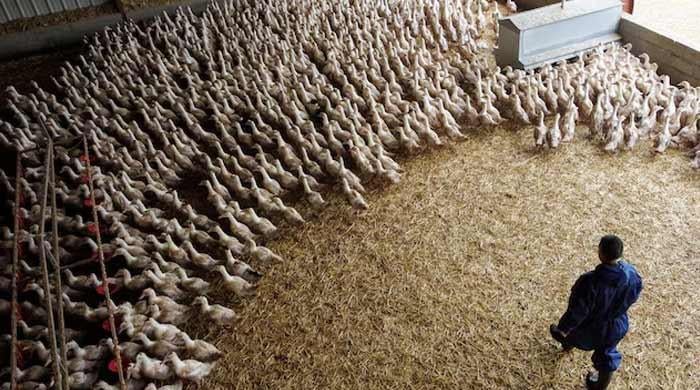H1N1 is a killer. Here is what you need to do
This year, to date, the virus has claimed over 38 lives in Punjab alone
February 03, 2018
The H1N1 virus is fatal for individuals over 60, those with serious health conditions, pregnant women and children under two.
A strain of the virus has affected parts of the Punjab province. This year, to date, the virus has claimed over 38 lives in Punjab alone.
Symptoms of H1N1 influenza:
The symptoms are not alarming and are similar to other viruses found in the winter season, which include:
Fever over 100.4 F
Muscle or joint pain
Headaches
Congestion
Chills
Diarrhea and vomiting (in some cases)
Death toll:
Last year, a total of 14 people died after being infected by the H1N1 influenza, of which four were reported from Lahore, Punjab’s capital city.
Majority of the victims were adults, over 20-years-old.
Treatment of influenza:
The Punjab Health Department has set up isolation wards, Flu Filtration clinics and flu desks at Tehsil Headquarters, District Headquarter and Teaching Hospitals across Punjab. Patients who complain of high fever and other flu-like symptoms are advised to visit the clinics within 48 hours to be tested. Vaccines for the influenza are being offered at the clinics.
For an at-home treatment, the Health Department advises patients to take Tamiflu, an anti-viral medicine, that has been made available at major pharmacies, free of cost.
While doctors recommend that an individual should get the following vaccine shots every year – Vaxigrip and Influvac in the months of September and October.
At home care:
Isolate individuals with even minor symptoms of flu
Ensure good hygiene. Wash your hands frequently.
Cover your face with a tissue when coughing to prevent the virus from spreading.
Get a flu shot.
Avoid crowded areas.
Drink a lot of fluids.
Rest.
Make sure you get enough Vitamin C, 200 mg per day.
*The information was provided by the Punjab Health Department. With reporting by Syed Kumail Jafri.









